 05-08-2023
05-08-2023- Blog
- 0 comments
- 5585 Views
Wood floor finishes are designed to protect the wood and enhance its beauty. There are several types of finishes available, with oil and lacquer being two of the most common. Each has its advantages and disadvantages. Here's a comparison:
Oil Finishes
Pros:
- Natural Look and Feel: Oil penetrates deep into the wood, enhancing its natural grain and maintaining a matte, natural appearance.
- Repairability: One of the significant advantages of oil finishes is that they can be spot repaired without having to redo the entire floor.
- Breathability: Oil finishes allow the wood to breathe, which can be beneficial in regulating indoor humidity.
- No Peeling: Because oil is absorbed by the wood, it doesn't sit on the surface and hence doesn't peel or chip away like some finishes.
Cons:
- Maintenance: Oiled floors typically require more regular maintenance than lacquered floors. They need periodic re-oiling to maintain their appearance and protection.
- Less Protection: Oiled floors might not offer as much protection against spills, moisture, and scratches as lacquered finishes.
- Longer Drying Times: Some oil finishes can take longer to dry than lacquers, meaning the floor can't be used immediately after application.
Lacquer Finishes (Polyurethane)
Pros:
- Durability: Lacquers, especially polyurethane-based ones, are known for their durability. They provide a hard, protective surface layer that's resistant to scratches, spills, and general wear.
- Low Maintenance: Once applied and cured, lacquered floors require minimal maintenance.
- Variety: Lacquers come in various finishes, from matte to high gloss, giving homeowners flexibility in choosing the desired sheen.
- Fast Drying: Many lacquers dry faster than oil, allowing the floor to be used sooner after application.
Cons:
- Less Natural Appearance: Lacquer sits on the wood's surface, which can sometimes give the floor a plastic-like appearance, especially in high gloss finishes.
- Difficult to Repair: If a lacquered floor gets scratched or dented, you usually can't spot repair it. Often, the entire floor or a larger section needs to be sanded and refinished.
- Less Breathable: Unlike oil, lacquer creates a surface barrier, which means the wood can't breathe. This isn't necessarily a problem, but it does make the wood less adaptive to humidity changes.
Final Thoughts:
The choice between oil and lacquer depends on your priorities:
- If you prefer a natural look and feel and are okay with a bit more maintenance, go for an oil finish.
- If you want a finish that provides a tough, protective barrier with low maintenance, a lacquer (like polyurethane) might be a better choice.
In either case, it's essential to follow the manufacturer's instructions for application and maintenance to ensure the longevity and beauty of the floor.

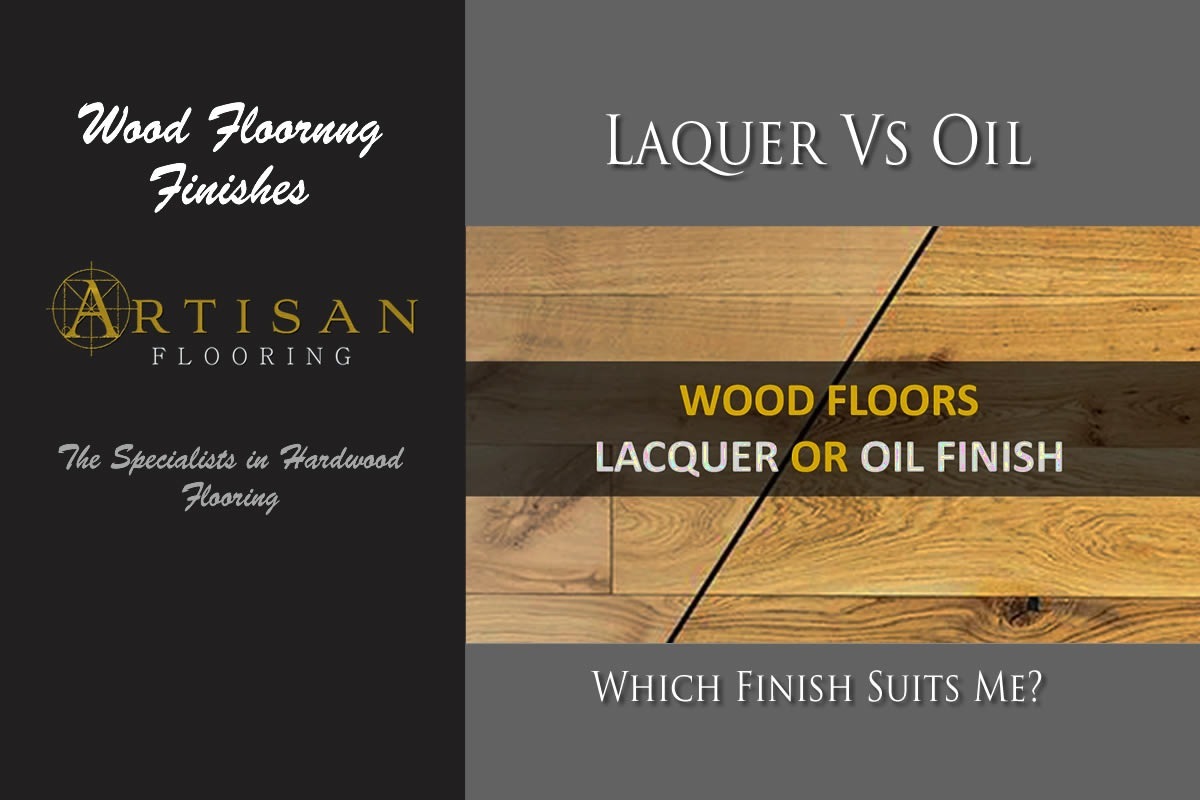
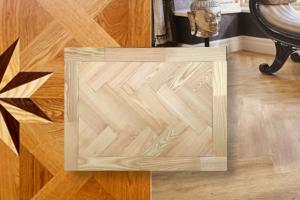

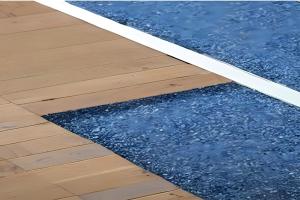



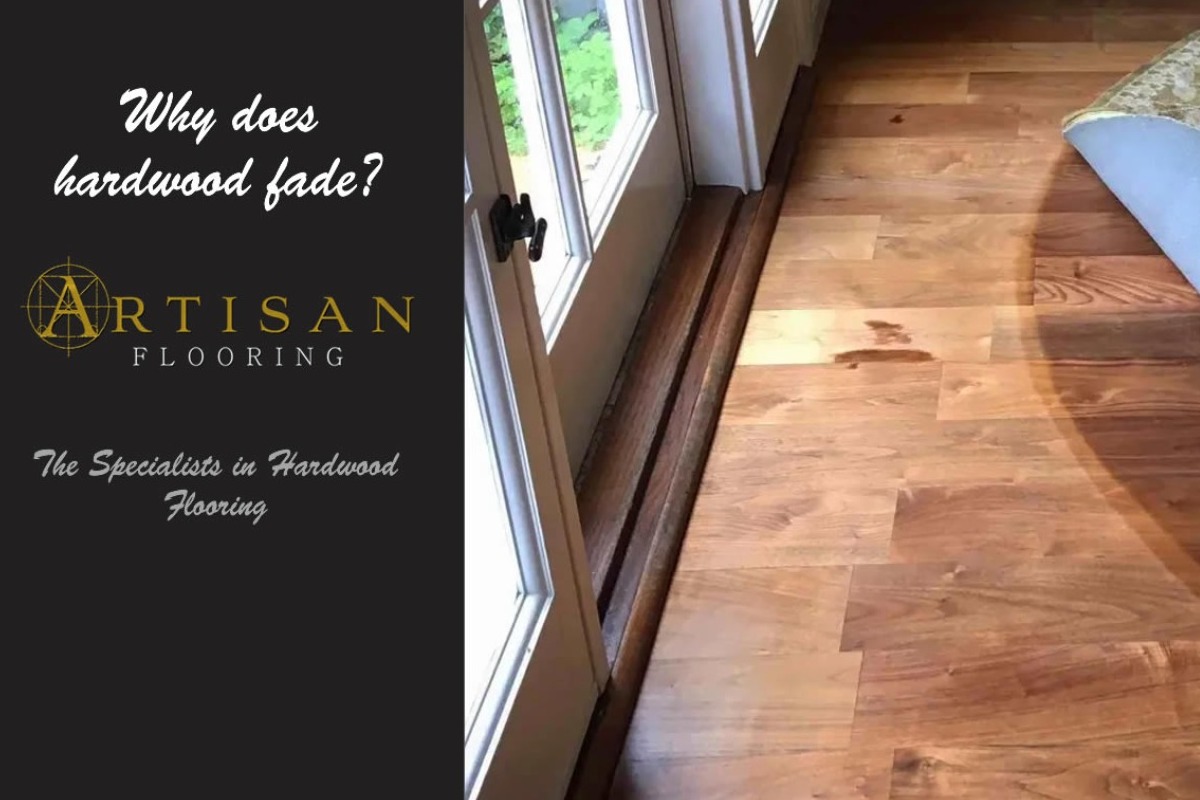



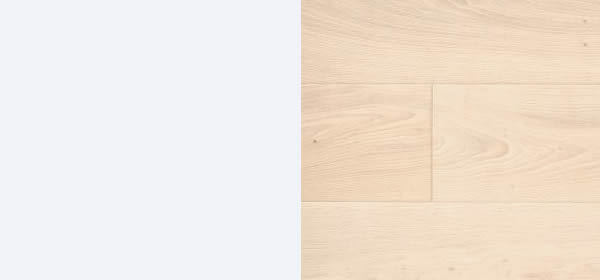
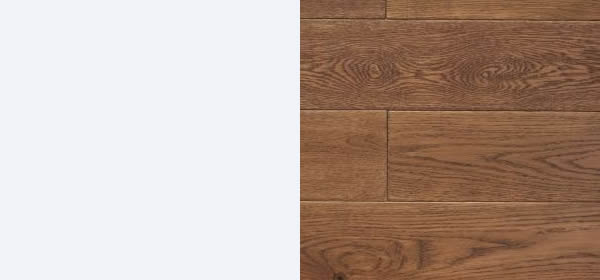
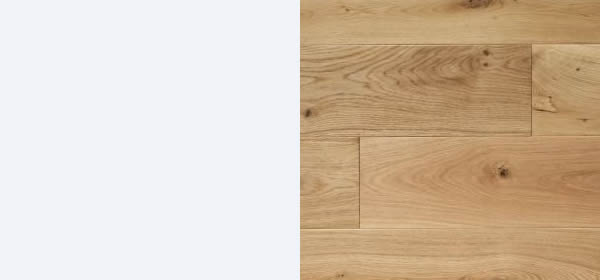
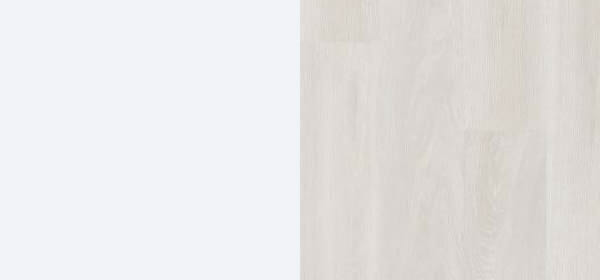
Recent Comments
No Comments have been left yet! Be the first :)